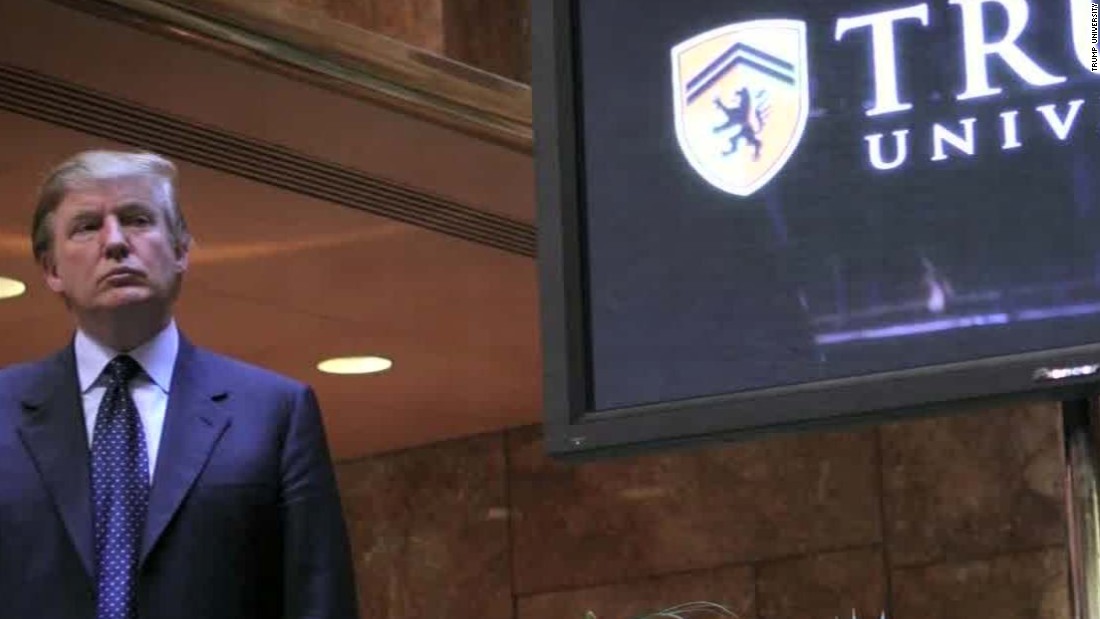Donald Trump And The Calibri Tattoo Misidentification: Fact Or Fiction?

Table of Contents
The Viral Image and its Spread
Origin and Initial Reactions
The image first surfaced on Twitter, rapidly spreading across various social media platforms like Facebook, Instagram, and Reddit. Initial reactions were a mixture of amusement, disbelief, and intense scrutiny. Many users immediately questioned the unusual font choice, while others speculated about the tattoo's authenticity. The sheer speed of its dissemination highlighted the power of viral content and the ease with which misinformation can spread online.
- Social Media Platforms: Twitter, Facebook, Instagram, Reddit, TikTok.
- Initial Reactions: Amusement, disbelief, skepticism, debate over authenticity.
- Early Sharing: The image was shared widely with comments ranging from "Fake news!" to "This has to be a joke!"
The Calibri Controversy
The unexpected appearance of the Calibri font—a relatively commonplace and decidedly un-tattoo-like typeface—became the central point of contention. Many argued that Calibri is far too generic and lacks the stylistic elements typically associated with tattoo fonts, which often favor bolder, more decorative typefaces like Old English or Gothic. This apparent incongruity fueled the debate, pushing many towards believing the image was digitally altered.
- Unusual Font Choice: Calibri's clean, sans-serif style is atypical for tattoo art.
- Typical Tattoo Fonts: Old English, Gothic, script fonts are more common choices.
- Online Comments: Numerous comments highlighted the font, stating it looked "too clean" or "too modern" for a tattoo.
Fact-Checking and Verification Efforts
Investigating the Image's Authenticity
Several attempts were made to verify the image's authenticity. Reverse image searches yielded no definitive results, failing to locate the original source or any other instances of the image. Efforts to trace the person depicted in the image proved fruitless. No individual stepped forward to claim ownership of the tattoo, further fueling suspicions.
- Reverse Image Search: Results were inconclusive, failing to pinpoint the image's origin.
- Locating the Individual: Attempts to identify the person in the image were unsuccessful.
- Expert Opinions: Experts in image forensics were consulted, but their conclusions remained inconclusive due to the lack of high-resolution or metadata.
Analyzing the Font
Font identification experts analyzed the typeface in the image. While some initial assessments suggested it was indeed Calibri, closer examination revealed potential ambiguities. The resolution of the image was low, making definitive identification challenging. Furthermore, skilled digital manipulation could easily mimic the appearance of Calibri.
- Font Analysis Techniques: Experts used specialized software to analyze the font's characteristics.
- Expert Opinions: While some initially identified it as Calibri, the low resolution created uncertainty.
- Potential for Manipulation: Digital alteration could convincingly simulate the Calibri font.
Potential Explanations and Conclusions
The Case for Authenticity
While improbable, it's not impossible that the tattoo is genuine. The individual might have had personal reasons for choosing Calibri, perhaps as an ironic statement or a reference to something specific to them. Personal preferences, however unconventional, are always a possibility.
- Reasons for Unusual Font: Personal preference, irony, inside joke.
- Stylistic Choices: Individual expression can supersede conventional trends.
- Counterarguments: Some argue that definitive proof of fabrication is lacking.
The Case for Fabrication
The preponderance of evidence suggests the image is likely fabricated. The unusual font choice, the lack of corroborating evidence, and the difficulties in verifying its authenticity all point toward digital manipulation. The motivations behind creating and spreading such an image could range from simple mischief to deliberate misinformation.
- Evidence of Manipulation: Low resolution, lack of corroborating evidence.
- Motivation: Prank, political commentary, spreading misinformation.
- Implications: The ease with which such an image can spread highlights the challenges of online verification.
Conclusion
The debate surrounding the "Donald Trump Calibri tattoo" highlights the challenges of verifying information in the digital age. While conclusive proof of fabrication remains elusive, the lack of supporting evidence and the unusual font choice heavily suggest the image is likely digitally manipulated or entirely fabricated. The Calibri font, far from being a simple detail, became a central focus, underscoring the importance of critical thinking and thorough fact-checking when engaging with viral content.
Verdict (Fact or Fiction): Fiction. The evidence points overwhelmingly towards fabrication.
Call to Action: Did you find this analysis of the Donald Trump Calibri tattoo helpful? Share your thoughts and let us know what you think! Learn more about online fact-checking and avoid being misled by similar viral images related to Donald Trump or other public figures. Develop your critical thinking skills to combat misinformation and promote responsible online engagement.

Featured Posts
-
 Find Newsround On Bbc Two Hd The Ultimate Tv Guide
May 02, 2025
Find Newsround On Bbc Two Hd The Ultimate Tv Guide
May 02, 2025 -
 Woke Criticism Validates Doctor Who Star Argues
May 02, 2025
Woke Criticism Validates Doctor Who Star Argues
May 02, 2025 -
 Stanways Emotional Tribute After Tragic Pitch Side Death In Kendal
May 02, 2025
Stanways Emotional Tribute After Tragic Pitch Side Death In Kendal
May 02, 2025 -
 Six Nations 2025 Assessing Scotlands Performance Are They Flattering To Deceive
May 02, 2025
Six Nations 2025 Assessing Scotlands Performance Are They Flattering To Deceive
May 02, 2025 -
 20 Million Settlement On The Table Exclusive Report On Trump Lawsuit
May 02, 2025
20 Million Settlement On The Table Exclusive Report On Trump Lawsuit
May 02, 2025
